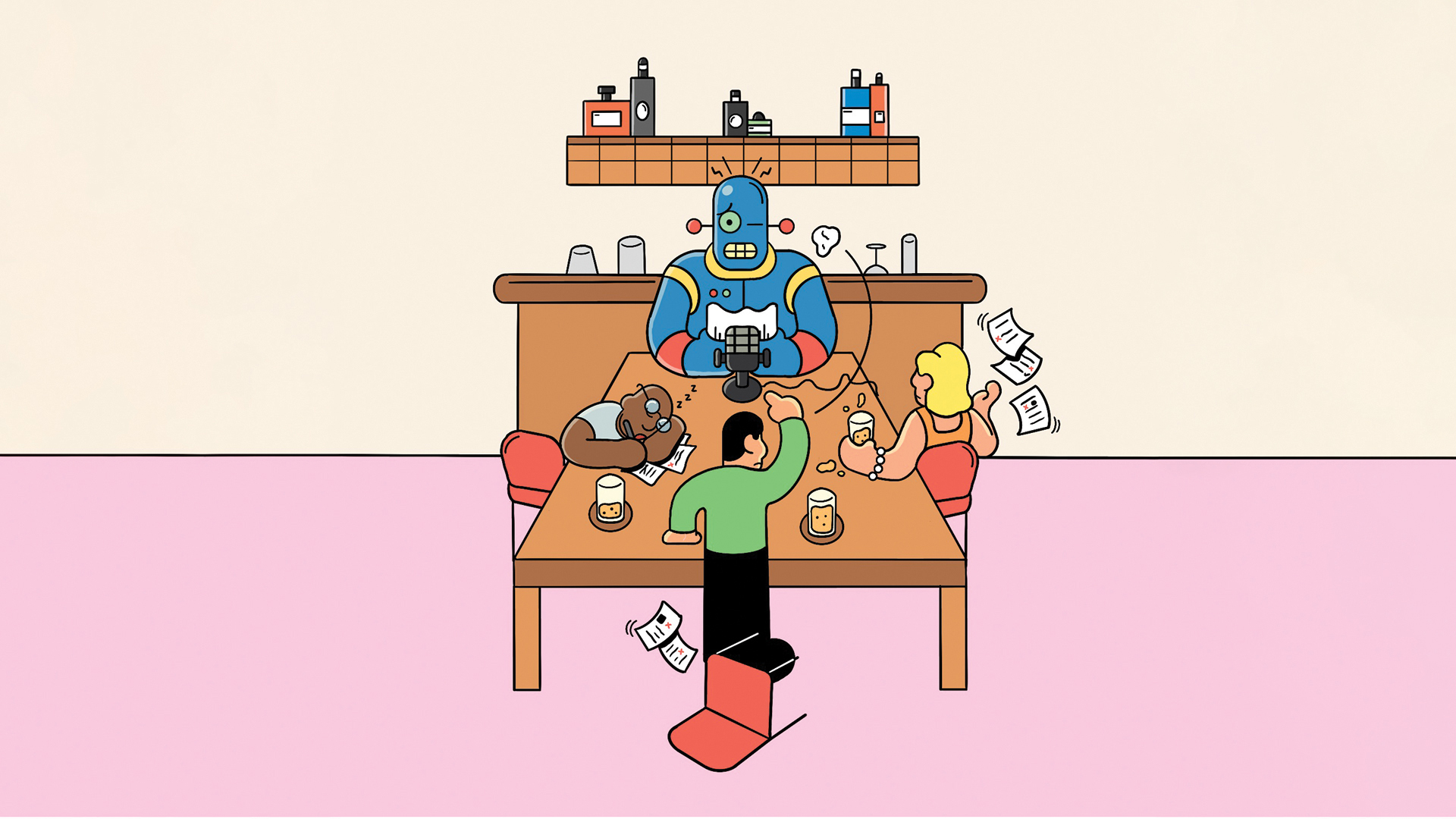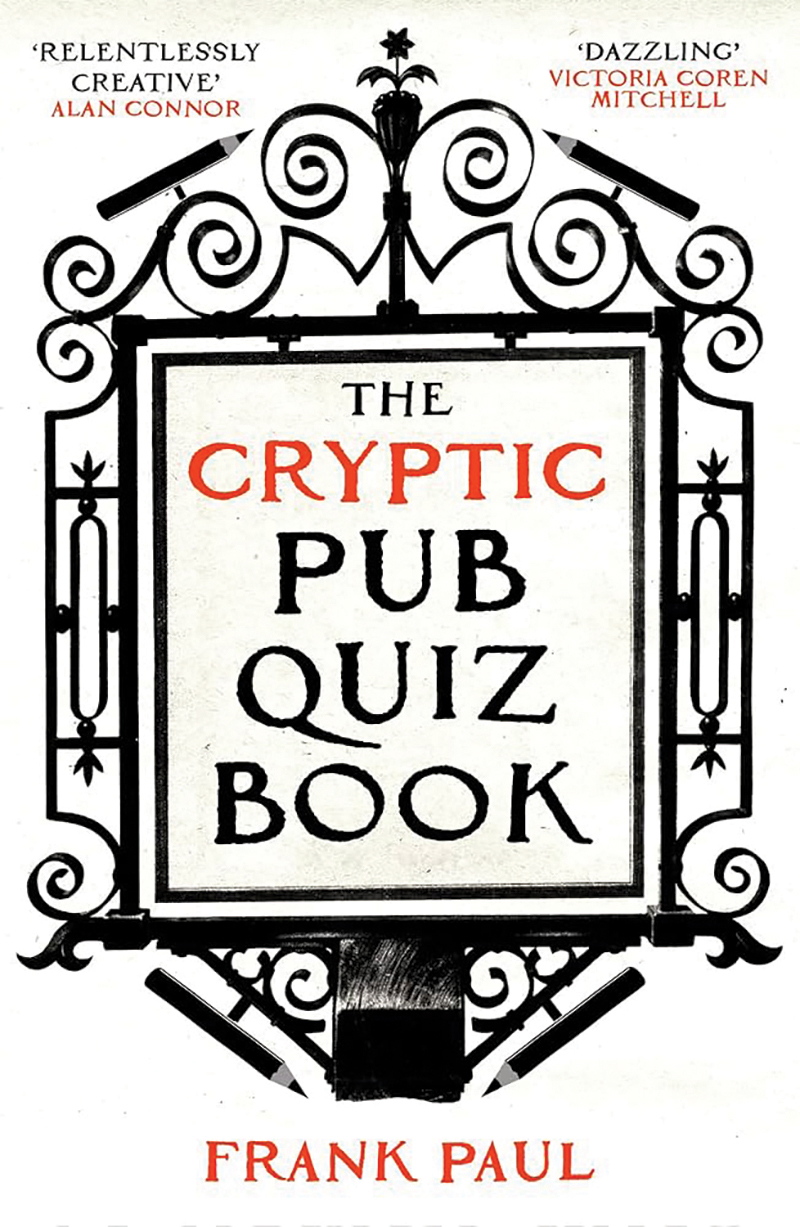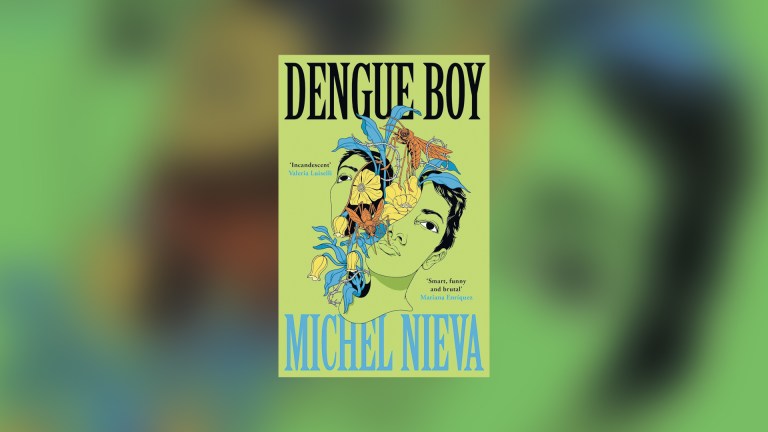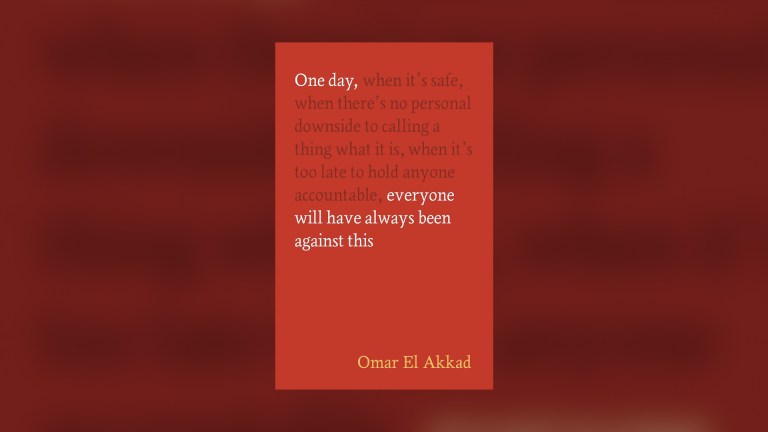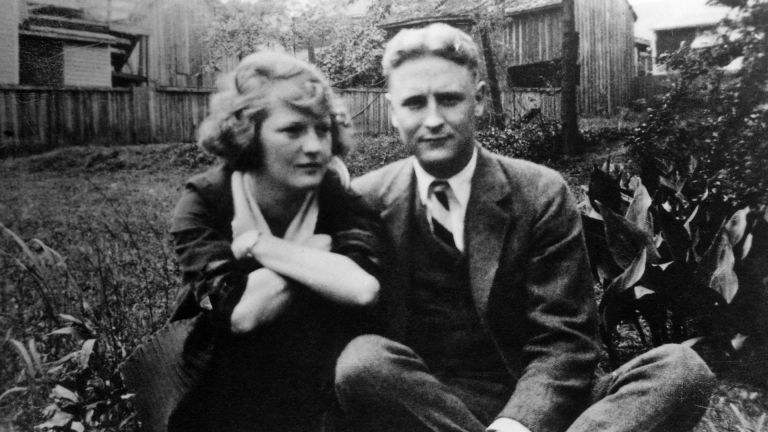Gone are the days when, like Rik Mayall’s Richie in a 1995 episode of Bottom, aspiring pub quiz cheats had to hide encyclopaedias in toilet cubicles. As pubs are generally not designed like panopticons (circular prisons where inmates can be observed at all times), more scoundrelly contestants can surreptitiously whip out their phones and look up answers undetected.
The threats technology can pose to quizzes are not limited to robbing conscientious pub quiz teams of glory. American quiz legend Ken Jennings, having been defeated at his own game by the supercomputer Watson, remarked, “I felt like quiz show contestant was now the first job that had become obsolete under this new regime of thinking computers.” Could question setters be next? Shortly after laying off over a thousand employees, Hasbro this year announced an online, AI-powered version of Trivial Pursuit.
Get the latest news and insight into how the Big Issue magazine is made by signing up for the Inside Big Issue newsletter
Yet in spite of these challenges, quizzes have continued to thrive. Just as the invention of the car did not stop people from trying to get better at running, the world of information at our fingertips has not prevented quizzers from squeezing as much knowledge into their brains as possible. Indeed, it has produced many more ways of doing so. During lockdown, before which I had compiled a great number of quizzes but competed in relatively few, I was recruited to a team in the Online Quiz League.
I found the experience more addictive than I could have possibly envisaged. The rush of digging out an obscure nugget of trivia at the last second! The agony of feeling an answer I once knew slip further from my mind as time ticks away! The sense of comradeship with my teammates, the mutual encouragement and forgiveness of blunders (though it always takes me a while to convince myself that my teammates have, in their hearts, truly forgiven mine)! The determination that, by next week’s quiz, I shall have learnt something about golf! (I still know nothing about golf.)
I have used the threat of teams looking up answers as impetus to devise more puzzle-based quiz rounds. In the process, I have been transformed into a more creative quizmaster. Inspired by cryptic crosswords, escape rooms and the lateral thinking of Only Connect, my quiz rounds may involve hidden links (the answers to one round were all opposites of Britney Spears song titles), wordplay, codebreaking, and even entire narratives where the contestants must imagine themselves as the protagonist of a story.
